I need to document a complex solution for CI/CD and part of it is to build the Unit Test for all projects. My VS Solution Contains 17 projects.
Each of these projects contains at least 10 classes per project and most of the classes are replete with complex methods, some projects have more than a 100 classes. Most of the projects are console applications, but we have an ASP MVC project too.
I'm aware that I need to prioritize the work, but in order to do it effectively, I need to have a full list of methods per class.
Does anyone know any proper technique to do it? I know that reflection could work, but it will be class by class and it might take ages too.


